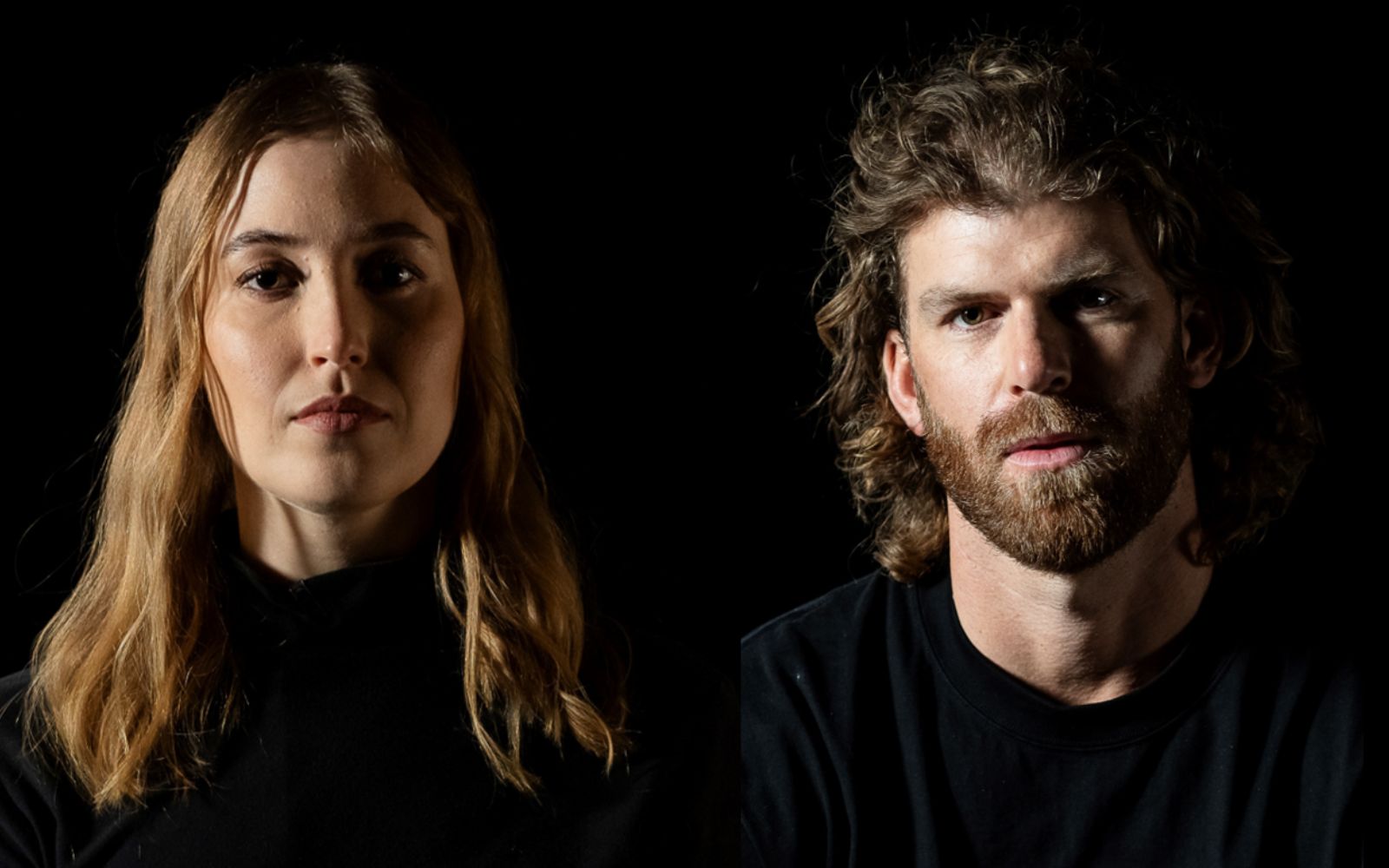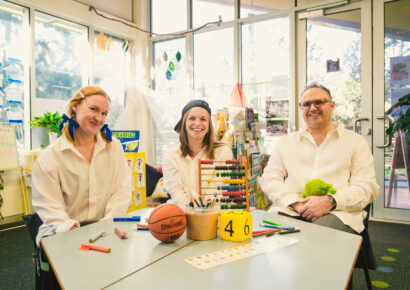1 in 2 women and 1 in 4 men have experienced sexual harassment in their lifetime. Raw Lines wants to bring this behaviour out of the shadows to drive change and educate youth.
Whether it be on the street, at work or at a gig, we’ve all seen it. Unwanted bodies pressing up against us in the crowd, rude comments about how much skin we’re showing, our appearance and suggestive remarks, it’s not just “jokes” and it’s not something we should have to accept. It’s time we call it what it really is: sexual harassment, and it takes many guises not just the obvious.
Developed by Mushroom Group and supported by the Victorian Government, the Raw Lines initiative sees five renowned Australian musicians team up to shed light on what, despite the long strides we’ve taken towards equality, remains a nasty and persistent issue.
The powerful social media messaging initiative, featuring Ella Hooper, Mo’Ju, Ngaiire, Hatchie and Scott Baldwin of The Rubens, echoes a vital message – “Enough is Enough.” “We don’t want excuses and victim blaming” and “We don’t want the next generation to be having this same conversation”. The artists have come together to share some staggering statistics, to provoke awareness and education of what sexual harassment can look like and spread the message on how to prevent danger in our communities.
Mo’Ju says “I hope the starkness of the way [Raw Lines] is presented gives people cause to consider their actions…this is direct, and seeing people that you might recognise talking plainly about this behaviour, I hope this helps people to understand the gravity of it”.
The facts: according to the Australian Bureau of Statistics, 53% of women and 25% of men have experienced sexual harassment in their lifetime, with many reporting multiple accounts. Sexual harassment is more common towards those who are unmarried, experiencing financial stress or living with a disability. What’s even more concerning is there’s evidence the rates are only growing.
Yet despite the prevalence of these incidents, less than 20% of sexual harassment and bullying cases are ever officially reported. A reason for this may be a lack of public awareness of what falls under the umbrella of sexual harassment.
Unwanted touching, inappropriate comments, being overly possessive towards someone and indecent exposure are more obvious examples of harassment because they happen face-to-face, but some people might not know certain online conduct can also be defined as sexual harassment and can be reported and punished by law.
This includes the non-consensual sharing of naked pictures, exposing someone to a sexual image or video they did not wish to see, making indecent phone calls or sending disturbing or slut-shaming texts and social media posts. To make it abundantly clear to everyone, unsolicited dick pics are never endearing – that’s considered cyber flashing, which is another form of harassment.
One of the factors that allows this perverse behaviour to thrive is a society that doesn’t take the matter seriously. The more we dismiss harassment and sexist comments as “funny” or “not a big deal”, the more it will continue to happen and potentially get worse.
The reality is doing nothing does harm. It’s our responsibility to protect those in our communities who may be more vulnerable to sexual harassment by calling out creepy behaviour when we see it. Checking in on our friends when they’re approached by strangers, letting women know that we support them, showing disapproval towards cat-calling and inappropriate jokes, stepping in when we notice disrespectful conduct and educating the next gen are all ways we can intervene and work towards making life a little more safe for everyone.
Raw Lines points people towards resources that offer a better understanding of harassment. The Line shares what’s okay and what’s not in relationships and Our Watch prevents harassment and violence against women and children in Australia.
The initiative’s closing line rings true: “It’s our right to be safe. It’s your responsibility to respect that.” No matter where we are, what time it is or what we’re wearing, no one deserves to be sexually harassed. Raw Lines makes it clear that enough is enough.
For more information, visit www.rawlines.com.au.
If you have experienced sexual abuse and need someone to talk to, you can call 1800RESPECT or Lifeline Australia for support and counselling or visit the list of resources provided by Raw Lines. This article was made in partnership with Mushroom Group.

